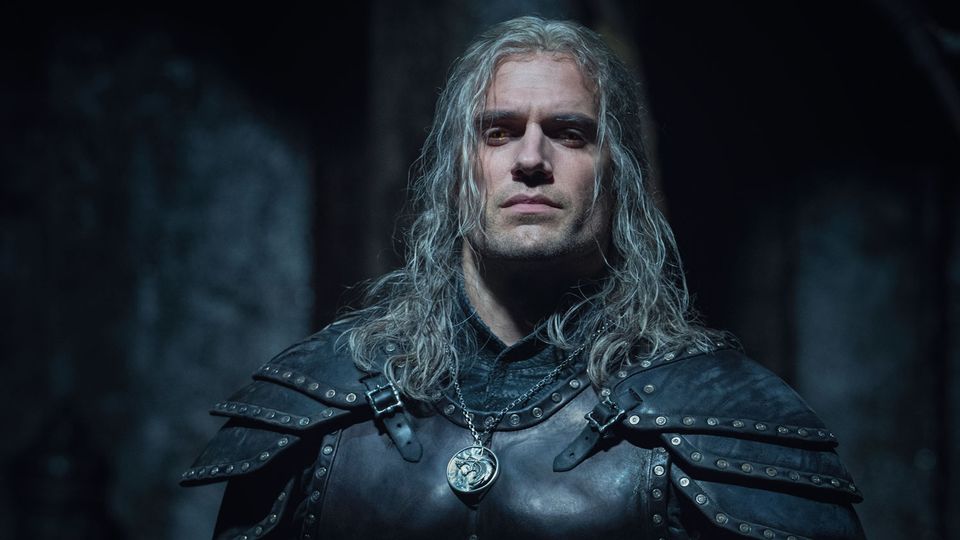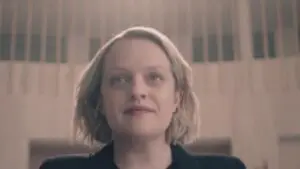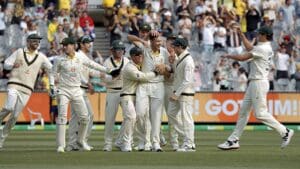Summary
The Witcher Season 2 builds on the groundwork laid out by its predecessor, delivering a darker, but clearer and more emotional follow-up.
This review of The Witcher Season 2 is spoiler-free.
The Witcher’s success wasn’t a surprise. Despite the historic tendency of video game adaptations to be woeful, the show, like the games, was pulling from Andrzej Sapkowski’s sprawling novels and short stories about the mutated monster hunter Geralt of Rivia. So, it had a rich vein of Polish folklore to plumb, not to mention endless amounts of Netflix’s money to spend, and the handsome face of proud Herculean uber-nerd Henry Cavill to sell it. That and a legion of fans of both the books and the games meant that the first season of The Witcher was almost guaranteed to succeed.
It’s a surprise, though, that it was as good as it ended up being; a great fantasy adventure with terrific effects, action, and characters, even if it was strangled by dense thickets of mythologizing and made needlessly complex by several different timelines and a too-clever-by-half structure that made piecing them together impossible until close to the end. The good news about The Witcher Season 2, or at least the six (of eight) episodes that were provided to critics, is that it does away with most of those most pernicious problems. It picks up right after the explosive climax at the Battle of Sodden and stays on mostly narrow tracks from there, keeping the narrative arc clear while fleshing out details and characters that had already been introduced rather than piling on new ones just for the sake of checking boxes.
Don’t get me wrong, it’s still complicated. There’s always some detective work to be done when returning to a complex show, even if you’re someone like me who is pretty familiar with the property. A brief primer, then: Following the Battle of Sodden, Geralt (Cavill) is transporting Ciri (Freya Allen) to the relative safety of Kaer Morhen, the ancient keep where Witchers – monster-hunting mutants given cat-like eyes, minor magical prowess, and elite fighting abilities by a series of cocktails – hang out during the winter. He’s hoping to train her while he figures out what to do with her since she’s obviously important to the fate of the world in some as-yet-unspecified and nebulous way. In the meanwhile, Yennefer (Anya Chalotra) finds herself in the company of Fringilla (Mimî M. Khayisa) and then later Jaskier (Joey Batey), while dealing with another existential crisis. In terms of big world-building stuff, there’s a power struggle within the Council of Mages, the Northern Kingdoms are still at war with Nilfgaard, and the elves are making moves of their own, and virtually every supporting character we met in the first season returns for another outing, with varying degrees of importance.
It remains a lot, then, but it’s much more confidently and sensibly arranged this time, with high-level mythological underpinnings – the Conjunction of the Spheres, for instance, is majorly important – being explained in relatively simple terms, often through visuals and action, rather than being patronizingly simple or overwhelmingly explicatory. Characters and subplots develop and intersect in mostly logical ways. The show is careful to allow its major players time to bond, develop, and ask questions about themselves rather than the plot. There’s less time spent on indulgent sex and nudity and comic relief. It feels as if it knows where it’s going, how to get there, and when to take a break along the way.
None of this is to say that the second season is humorless. Geralt is a font of dad jokes, Jaskier has another hit song – this time a soft-rock break-up anthem – and there’s lots of banter between the three generations of Witchers crammed into the chilly halls of Kaer Morhen. But as the stakes rise, the characters are seeming to soften, becoming more acutely aware of what they have to lose and what still remains for them to preserve. The familial dynamics – between Vesemir (Kim Bodnia) and his Witchers, especially Geralt; between Geralt and Ciri; between Yennefer and Tissaia (MyAnna Buring); and so on, and so forth – are what pin everything together, showing a softer side of what is often a dark and brutal universe jam-packed with monsters of every kind.
Those monsters, expensively rendered in impressive VFX, are still here in abundance, but the monster-of-the-week format that justified their inclusion in the first season is gone. That makes for a more naturalistic adventure that still manages to provide a whole menagerie of terrible beasties, though the worst remain, as ever, the ones that look most like us. Thankfully, the show is light on contemporary social commentary and analogues unless you’re looking for them. The sense of pestilence and ruin descending on everything could quite easily be considered relatable in a world gripped by more fear and uncertainty than ever before, but that’s only a coincidence. And the elves, trying hard to reclaim a future that was wrested from them while enduring endless hostility from the world built atop the ruins of their own, is a classic staple of the fantasy genre, even if the metaphor is clear. That positions The Witcher Season 2, I think, as the kind of escapism we need, but not the kind that has forgotten entirely about the reality we’re trying to escape from. All the better, then, that it’s a constant reminder of what’s worth preserving.



